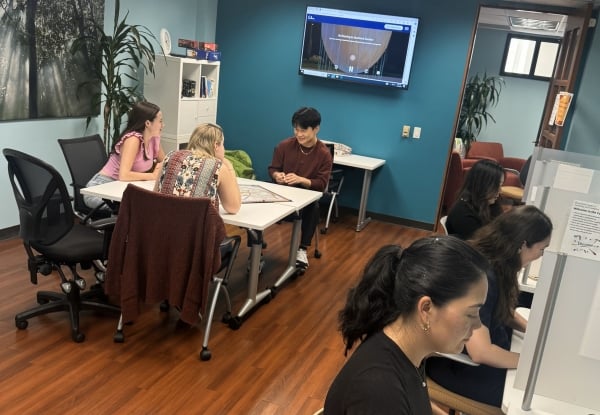As the importance of diversity and inclusivity in education continues to grow, so too does the recognition of the need for academic accommodations for students who may have unique learning needs. In particular, students with learning disabilities or special learning needs often require academic accommodations in order to fully succeed in their academic endeavors. One way to determine the necessary accommodations for these students is through psychoeducational evaluations.
Psychoeducational evaluations are assessments conducted by trained professionals to determine a student’s cognitive abilities, academic skills, and emotional well-being. These evaluations can help identify specific learning disabilities or challenges that may be hindering a student’s academic progress. With this information, educators and support staff can develop individualized education plans (IEPs) that provide tailored accommodations and interventions to help students succeed.
Despite the importance of psychoeducational evaluations in supporting student success, funding for these assessments can often be a barrier for many students and their families. The cost of a psychoeducational evaluation can range from a few hundred to several thousand dollars, depending on the complexity of the assessment and the credentials of the evaluator. This financial burden can be particularly challenging for families already facing economic hardship or limited access to resources.
In order to ensure that all students have access to the support they need, it is crucial for schools and school districts to provide funding for psychoeducational evaluations for students who require academic accommodations. By investing in these assessments, schools can ensure that students with special learning needs receive the support they need to thrive academically and reach their full potential.
One way to secure funding for psychoeducational evaluations is through federal and state grants that specifically support students with disabilities. These grants can provide schools and school districts with the financial resources necessary to conduct evaluations for students who require academic accommodations. Additionally, schools can work with community partners, nonprofit organizations, and local businesses to secure funding for psychoeducational evaluations through donations and fundraising efforts.
It is also important for schools to prioritize the allocation of their existing resources towards supporting students with special learning needs. By investing in the training and professional development of educators and support staff, schools can ensure that they have the knowledge and skills necessary to effectively support students with disabilities. Additionally, schools can work to create a supportive and inclusive learning environment that empowers all students to succeed.
In conclusion, funding for psychoeducational evaluations is crucial for ensuring student success and promoting diversity and inclusivity in education. By investing in these assessments, schools can provide students with the academic accommodations they need to thrive academically and reach their full potential. Through federal and state grants, community partnerships, and the allocation of existing resources, schools can work towards creating a more inclusive and equitable education system for all students.



